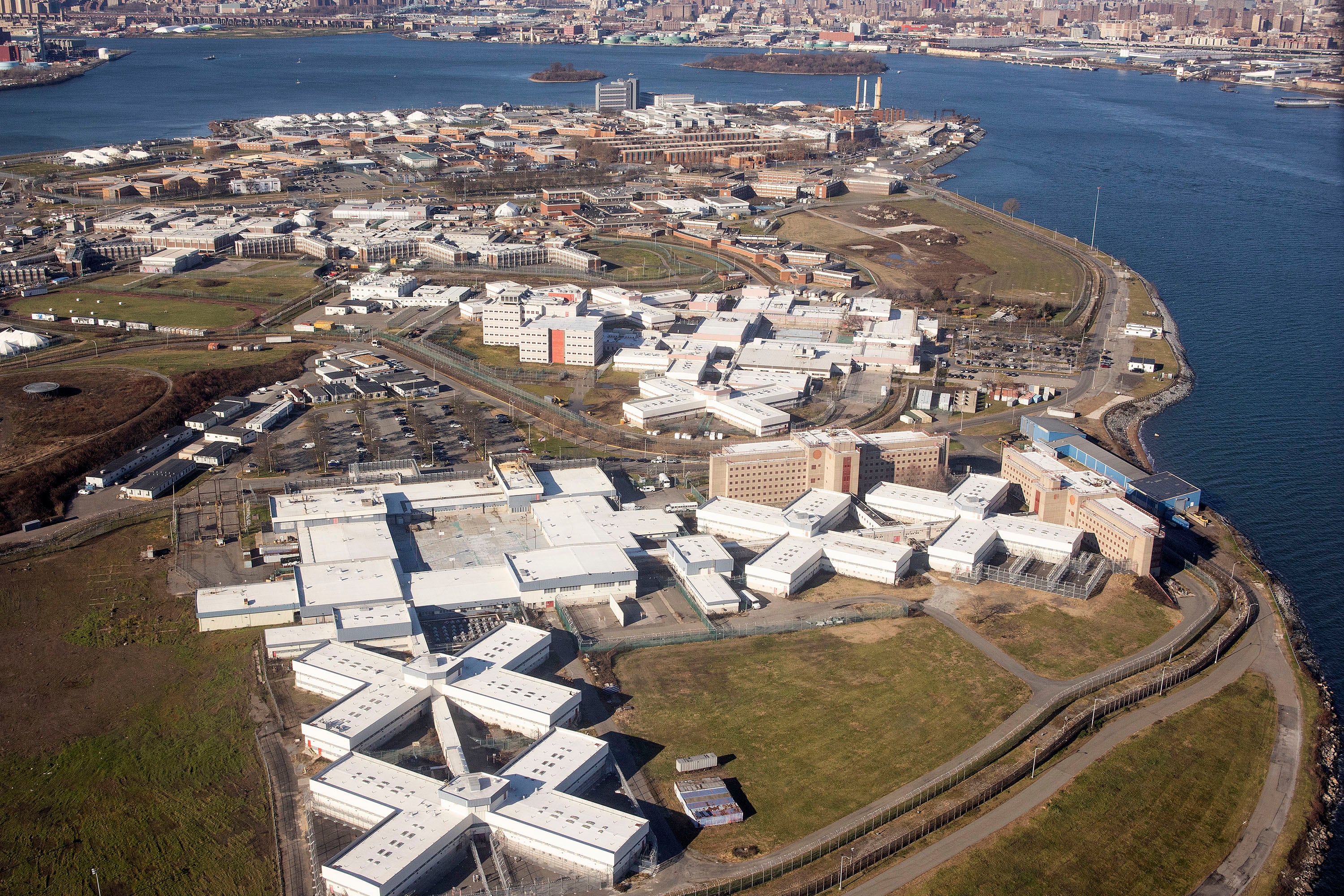Sign up for Chalkbeat New York’s free daily newsletter to keep up with NYC’s public schools.
Young adults incarcerated at Rikers Island are systematically denied the opportunity to attend school, in violation of their legal rights, according to a motion filed Monday in federal court by The Legal Aid Society.
Those at Rikers who are ages 18-21 are entitled to attend the East River Academy, the public school in the facility, to work towards a high school diploma or GED. But in practice, they are frequently told they’re ineligible to attend school based on which housing unit they’re assigned to, or that they can’t attend class because no guards are available to escort them, according to declarations from 29 incarcerated young people.
That’s a violation of a 2016 court order mandating that young adults get access to education at Rikers, Legal Aid lawyers allege in the motion, which asks a federal judge in Manhattan to re-appoint a monitor.
“The City’s failure to educate these New Yorkers is not only a blatant violation of the 2016 court order, but heartbreaking and immoral,” said Lauren Stephens-Davidowitz, a staff attorney with The Legal Aid Society’s Prisoners’ Rights Project, in a statement.
Rikers Island no longer houses 16- and 17-year-olds, who are now held exclusively in juvenile facilities. Education isn’t compulsory for the young adults on Rikers Island, but the city’s public school system is still required to enroll students through age 21 if they request it.
A 2016 order from U.S. District Judge George Daniels — part of a long-running lawsuit filed by the Legal Aid Society two decades earlier — mandated that the city provide at least three hours of education to students who want it, and that access to school in jail shouldn’t depend on the housing unit a young person is assigned to.
But according to the testimony of more than two-dozen detainees, school on Rikers Island is often out of reach.
One man, now 22, said that he “asked captains many times if I could go to school” but wasn’t enrolled because of the housing unit he was living in. After more than a year of trying, he was transferred to a new unit that allowed him to attend school, but was late most days because the guard who escorted him didn’t arrive on time, according to his declaration.
In addition, classes were frequently canceled because of lockdowns and fights, he said.
Enrollment at the East River Academy has shrunk over the course of the pandemic, as the detention center struggled with severe staffing shortages.
During the 2019-20 school year, 27% of young adults ages 18-21 incarcerated at Rikers were enrolled in East River Academy, on average, according to an Education Department report. By the 2021-22 school year, the most recent for which data is available, only 18% of eligible young adults were enrolled, on average.
Violations of the 2016 judge’s ruling mandating school access are “wider in scope and greater in magnitude” than before the pandemic, lawyers allege in the motion.
According to Education Department data, 121 of the 217 students enrolled in 2021-22, or 56%, had a learning disability. But only 73 of those students got a completed Special Education Plan, a document outlining how the school intends to accommodate their disability, according to the report.
One 19-year-old with a disability who attended a specialized school with counseling services before he was arrested in December 2022 tried in vain for more than a year to start school at Rikers. He eventually gave up, according to his declaration.
The court previously appointed a monitor following the 2016 order, but his last report was in 2018. Conditions have since grown worse, Legal Aid lawyers argue.
Now, lawyers are asking the judge to re-appoint a monitor for another two years.
Several members of the City Council held an oversight hearing last October to address reports that some incarcerated youth weren’t getting access to education. “Today’s lawsuit reinforces those concerns and highlights multiple instances where the Department of Correction failed to meet their mandate,” said Council Education Committee Chair Rita Joseph (D-Brooklyn) and Criminal Justice Committee Chair Sandy Nurse (D-Brooklyn) in a joint statement. “Reversing course and addressing these challenges must be a priority for the Department.”
A spokesperson for the Education Department referred a request for comment to the Law and Correction Departments. A Law Department spokesperson said the agency is reviewing the motion. A spokesperson from the Correction Department said staff operate classes in multiple jails on Rikers Island and said new funding announced last month will bolster education programs.
4/5/2024: This story was updated to include comment from the Correction Department and City Council.
Michael Elsen-Rooney is a reporter for Chalkbeat New York, covering NYC public schools. Contact Michael at melsen-rooney@chalkbeat.org.






